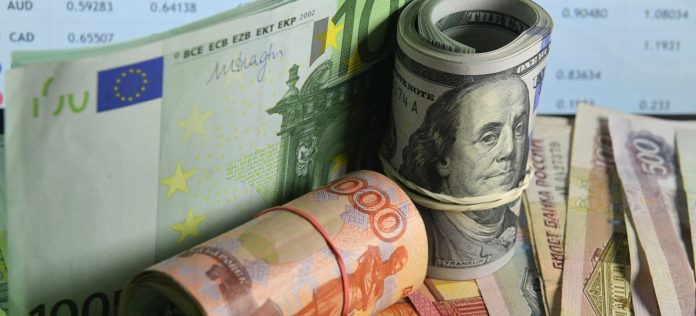Despite recent negotiations between representatives of the United States, Russia and Ukraine in Saudi Arabia, Russian President Vladimir Putin does not demonstrate readiness to end the war. Donald Trump's administration is looking for new levers to influence the Kremlin, and one of these can be the so -called "Russian universal tariff".
The proposed initiative provides for sanctions against any company or person involved in the purchase and sale of Russian oil and gas. An alternative for Russia will be the payment of a special duty for the American Treasury. This tariff will start from a minimum level, but will gradually increase until the Kremlin agrees to peace. If the Russian Federation refuses to pay, the sanctions will affect all the participants of the agreement: owners of tankers, insurers, traders and buyers.
The Russian economy depends largely on exports of fossil fuel. Every day, the country receives approximately $ 500 million from oil and oil sales and another $ 100 million of natural gas exports. The Kremlin's military budget for 2025 is about $ 400 million a day, so any reduction in foreign exchange revenues will seriously hit the ability of the Russian Federation to finance war. The introduction of a "Russian universal tariff" will also provide the USA with additional revenues. For example, a $ 20 duty per barrel can bring Washington up to $ 120 million a day or over $ 40 billion a year. Western sanctions have already forced Moscow to sell oil at significant discounts. The average discount in the last year was $ 9 per barrel, and in 2022 reached $ 35. If the US is implementing a new strategy, the Kremlin will be faced with a choice: either pay duty or sell oil even cheaper by losing profits.
The idea, such a mechanism should push Russia to conclude a peace agreement. Otherwise, the US will continue to receive billions of dollars that can be used, for example, to reduce taxes. Congress can play a key role in this process by adopting a "universal tariff" bill, which will strengthen Trump's negotiation position. This will allow him to distance himself from the decision and put responsibility on the legislators, while resolving the opportunity to decide when to sign the document.
The combination of secondary sanctions and the tariff mechanism can be a powerful economic impact on Putin, depriving the Kremlin of the main source of income. And for Trump, it is a chance to fulfill his promise - to achieve a "strong peace" without resorting to direct military intervention.


